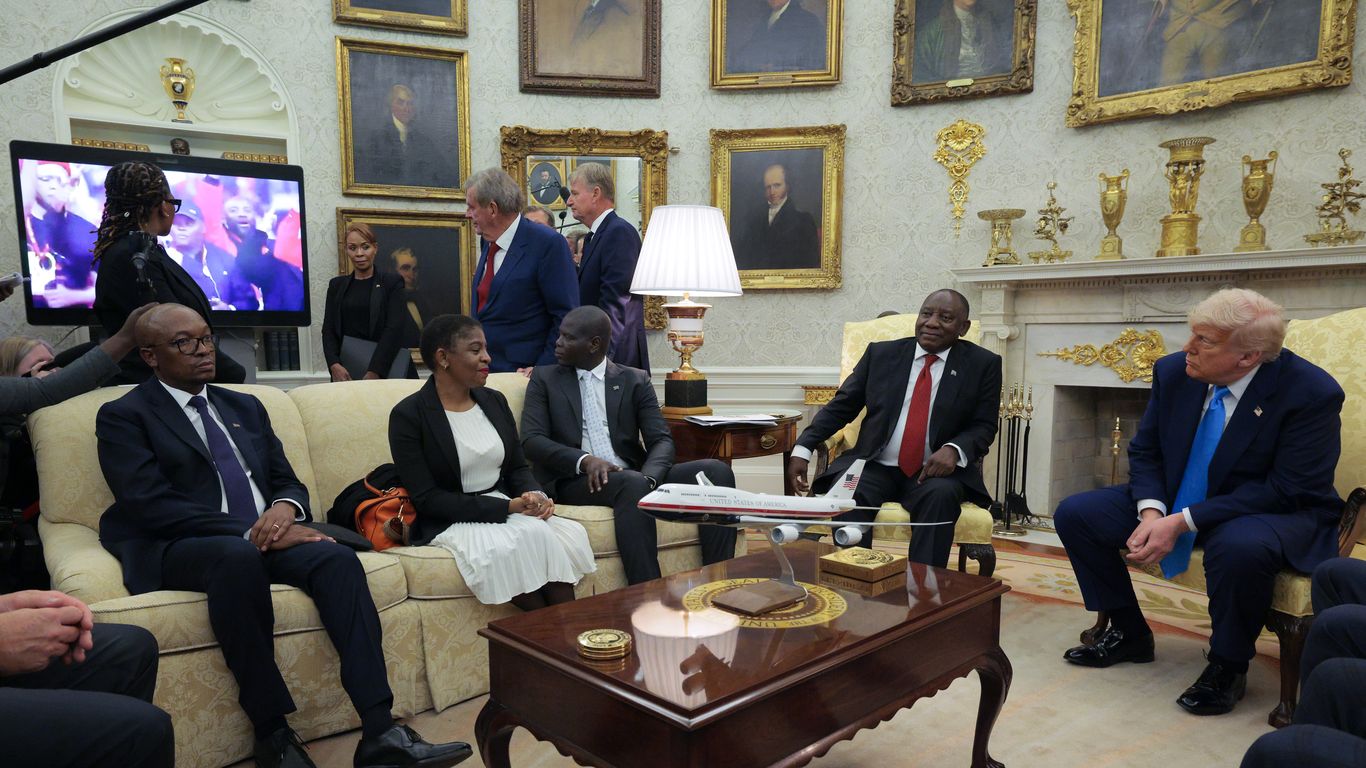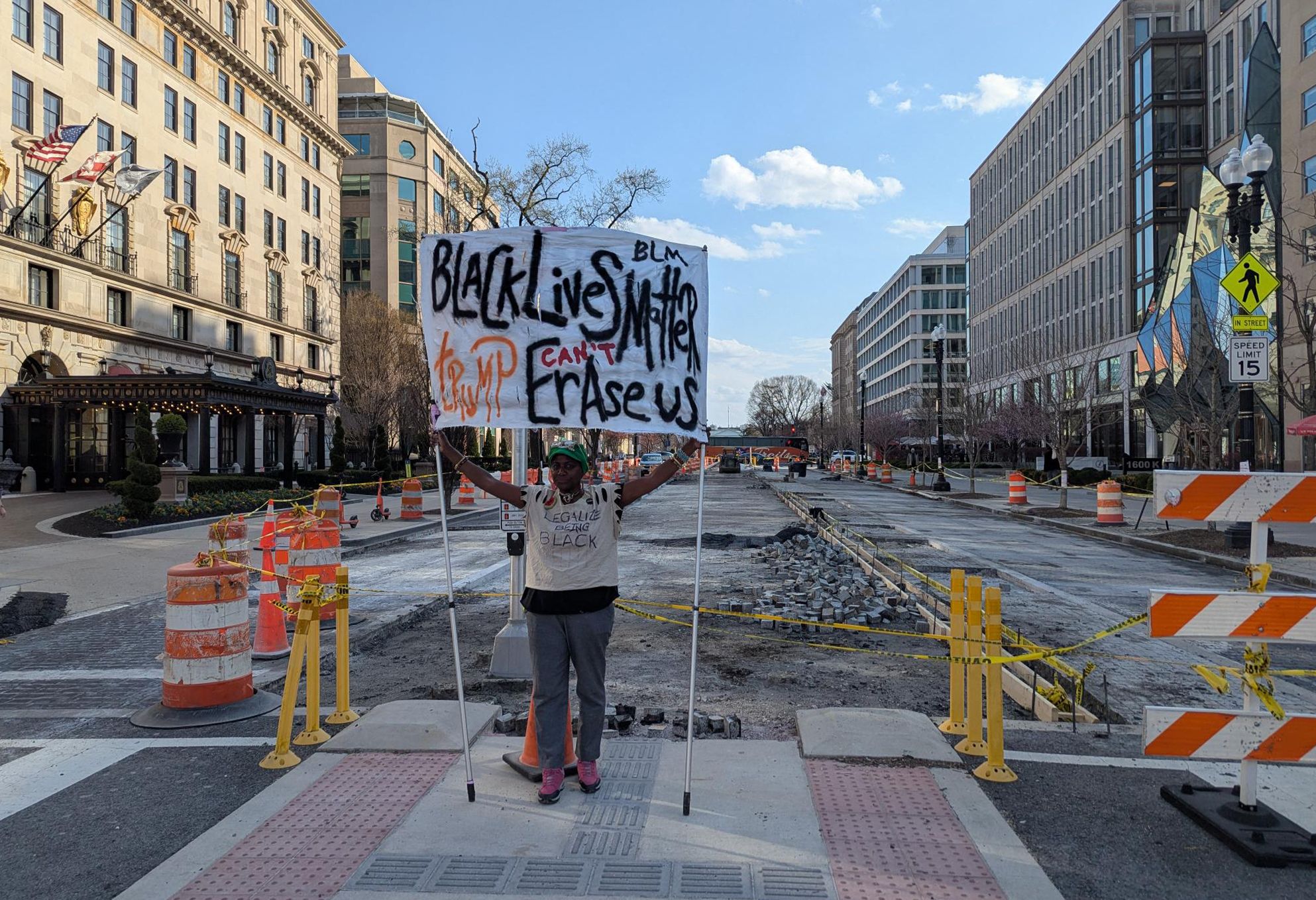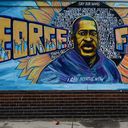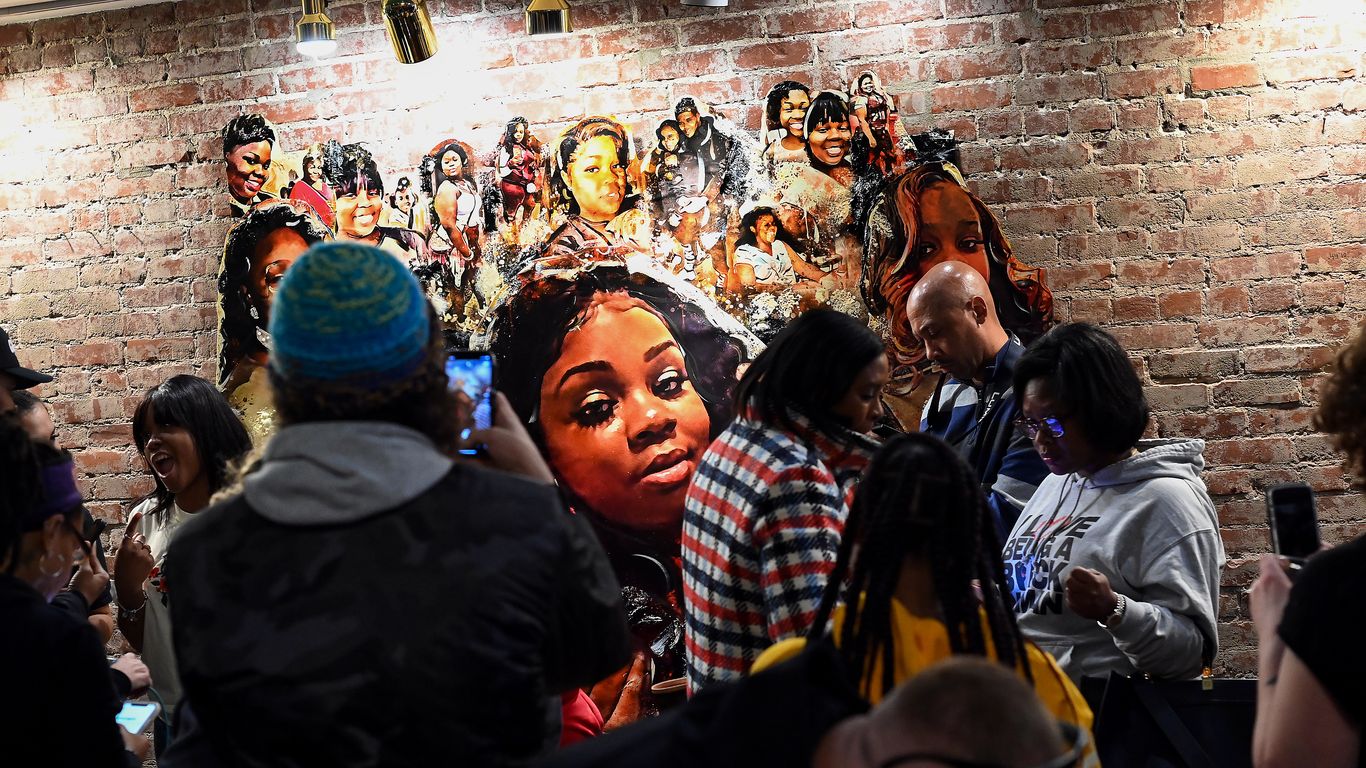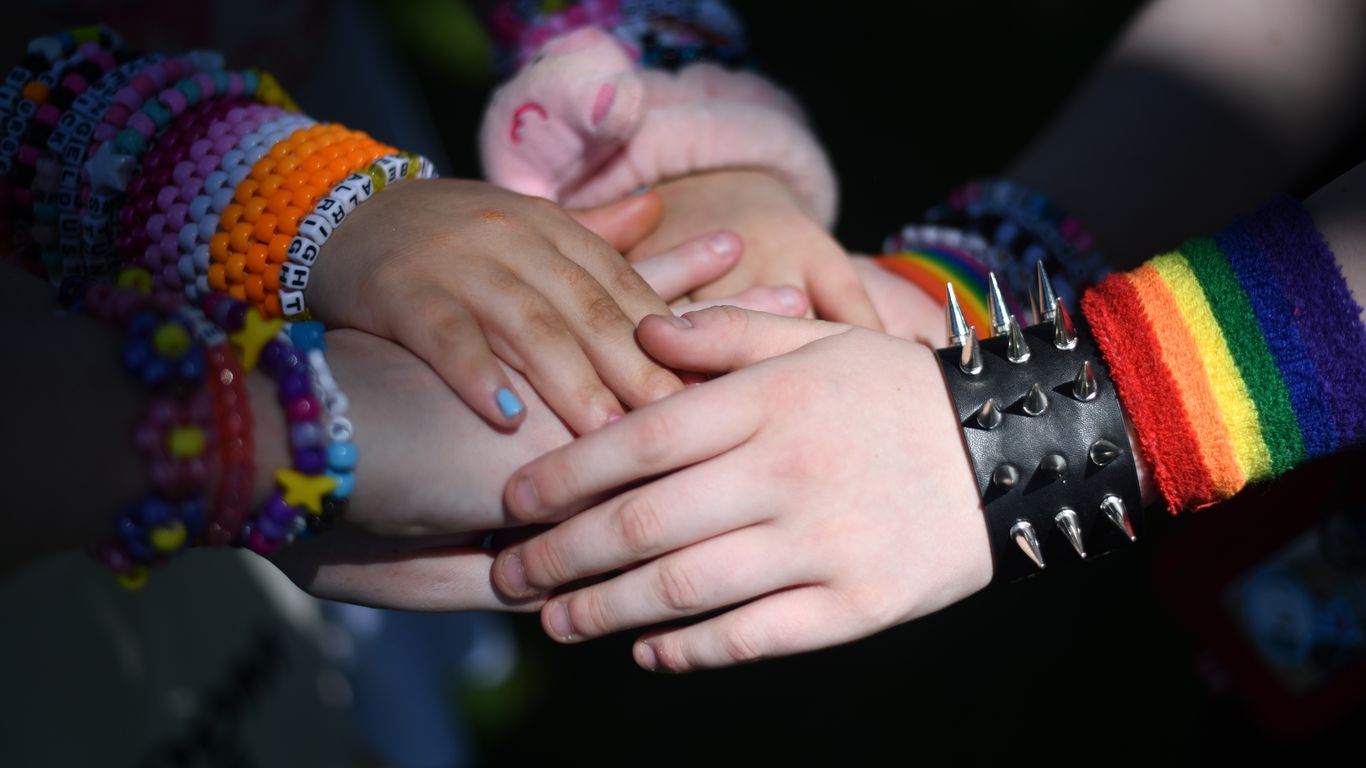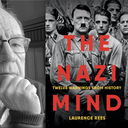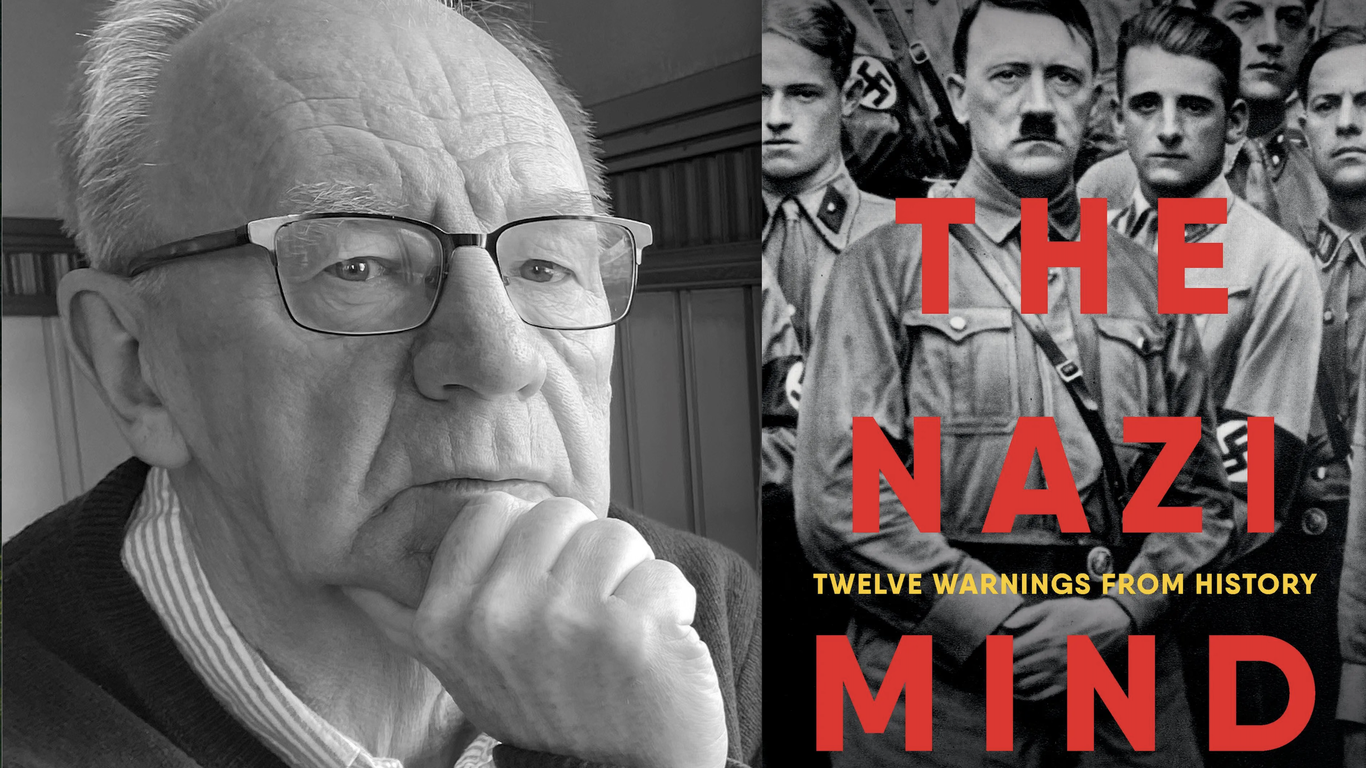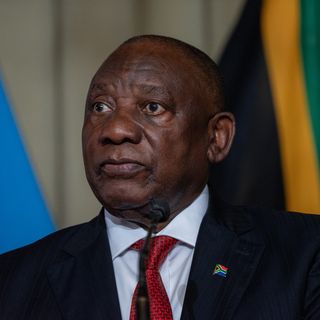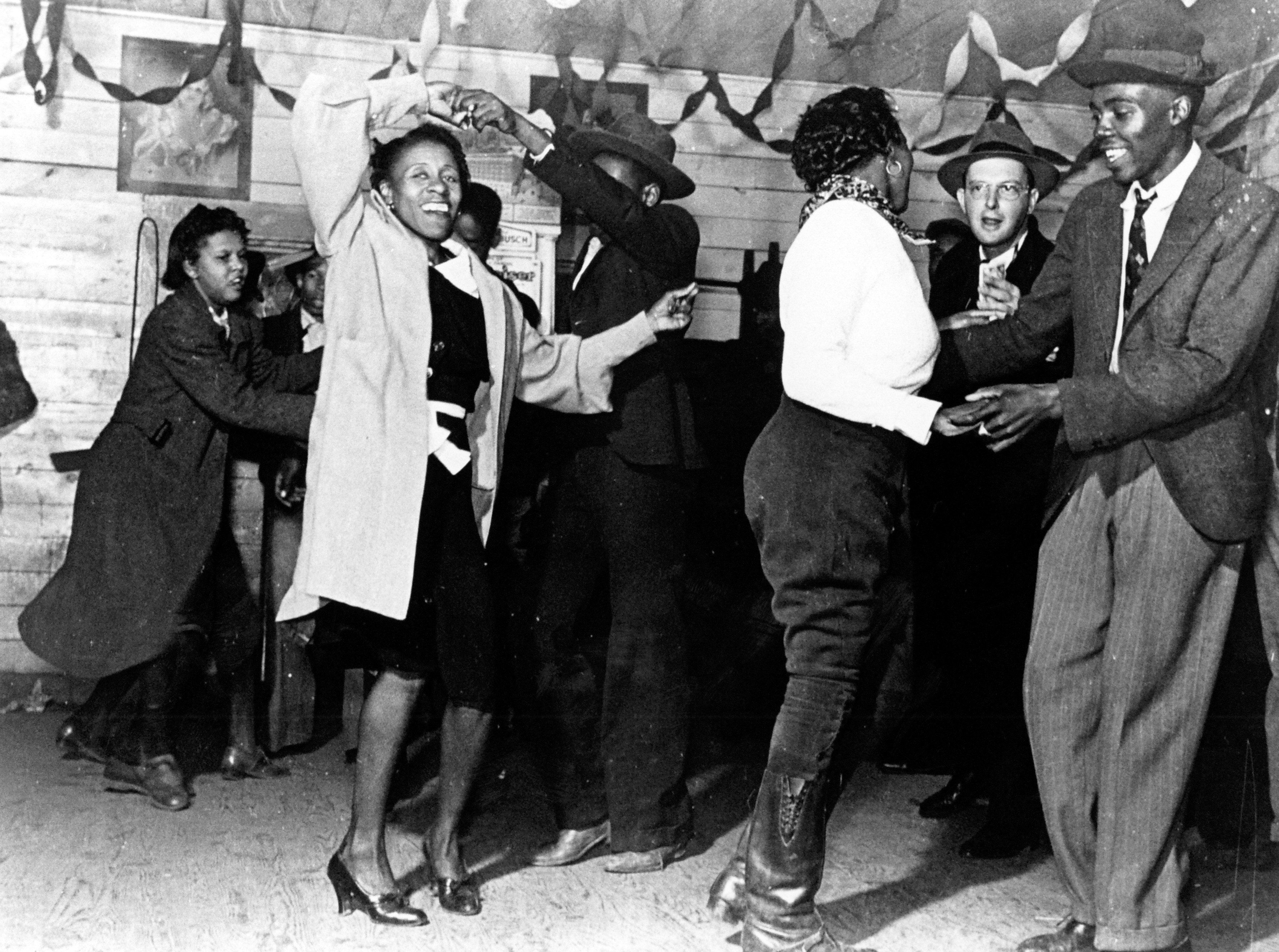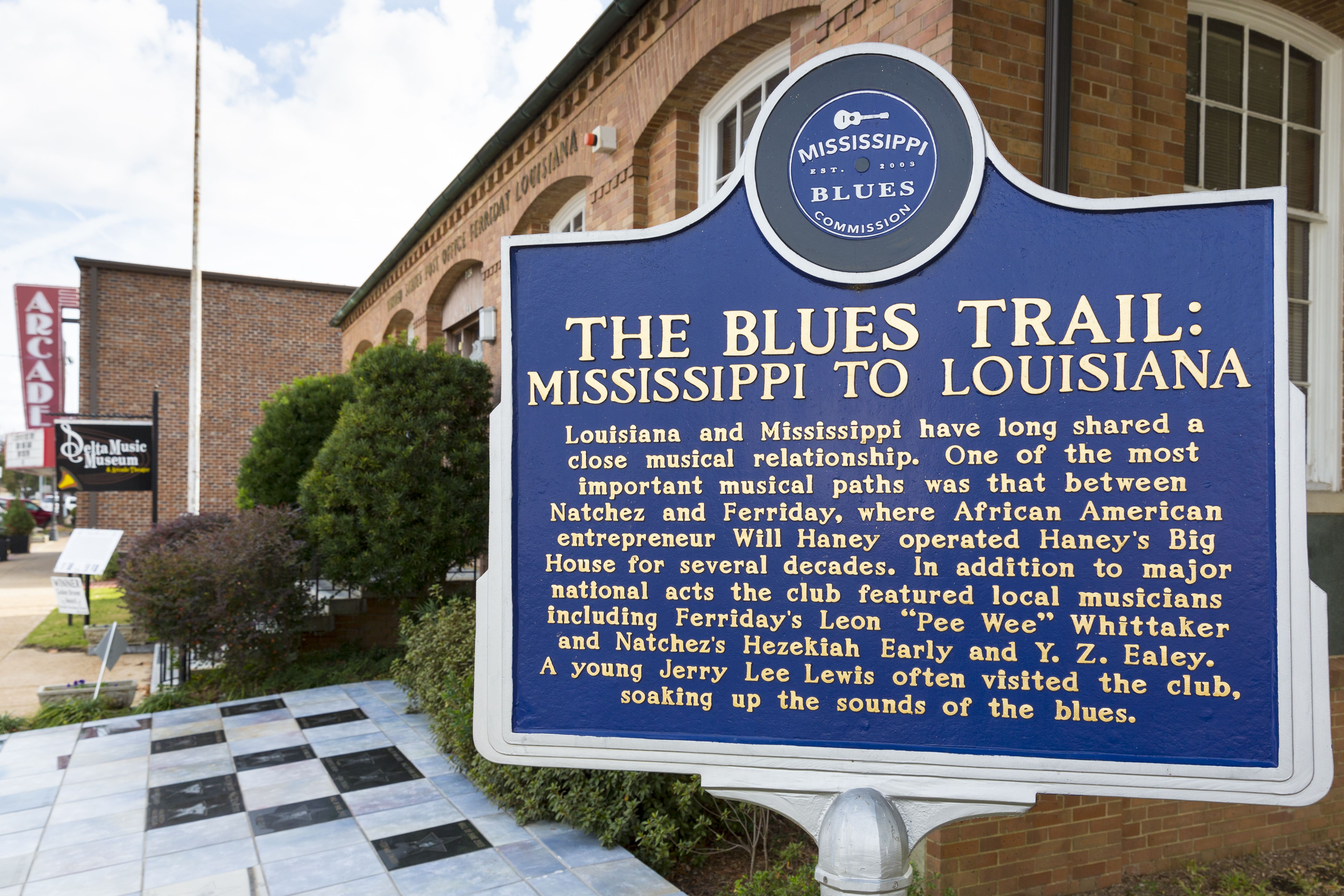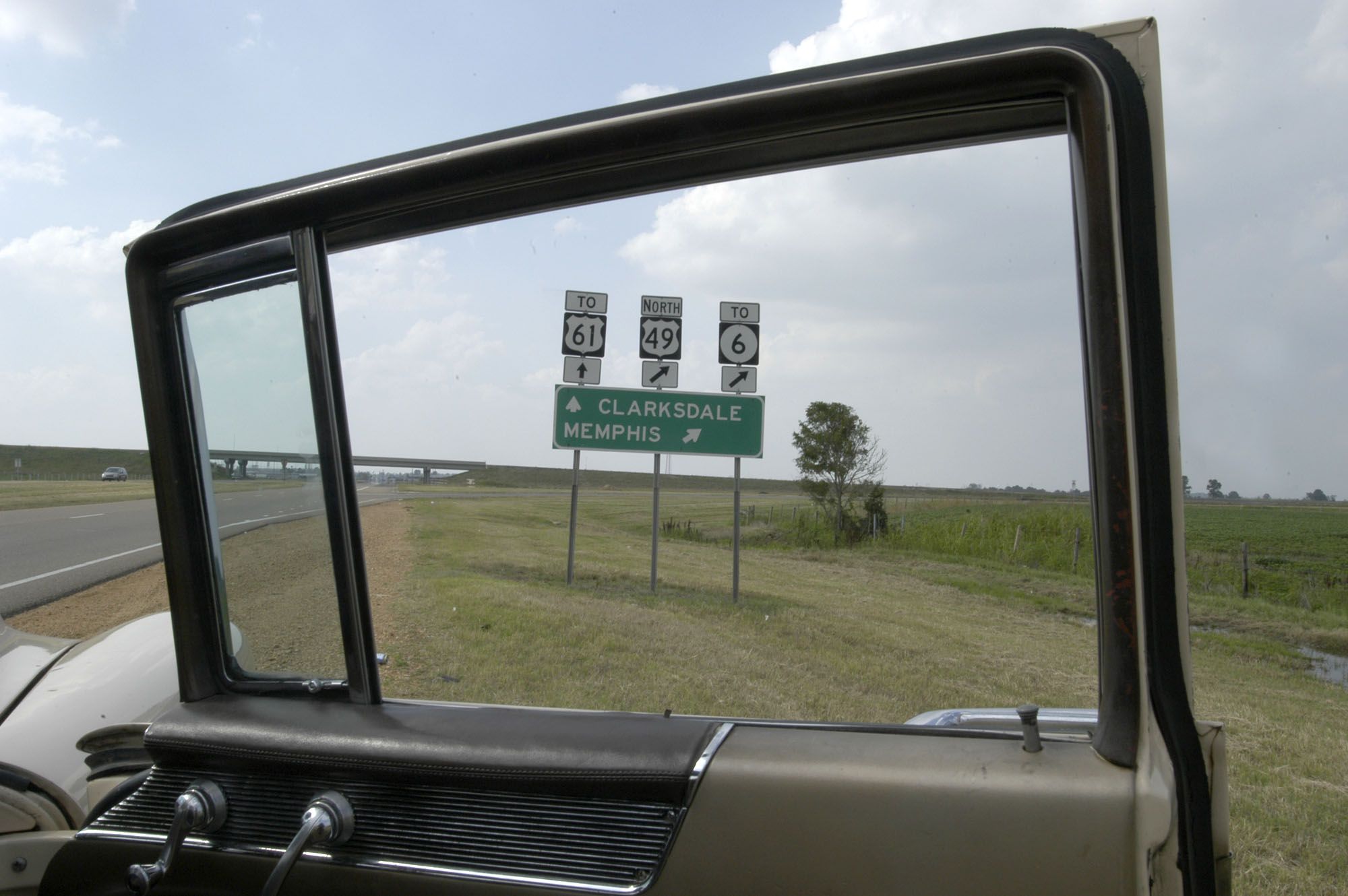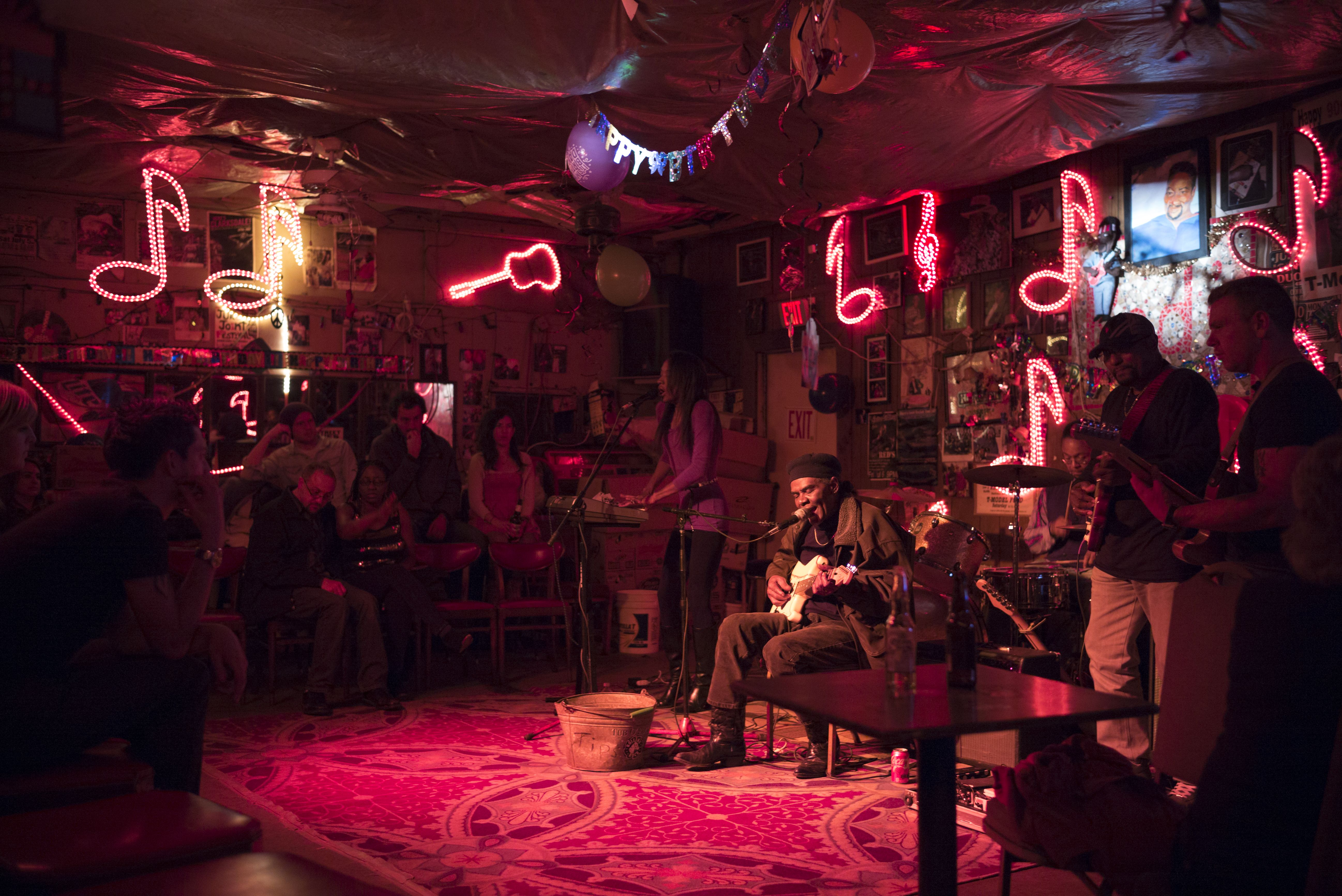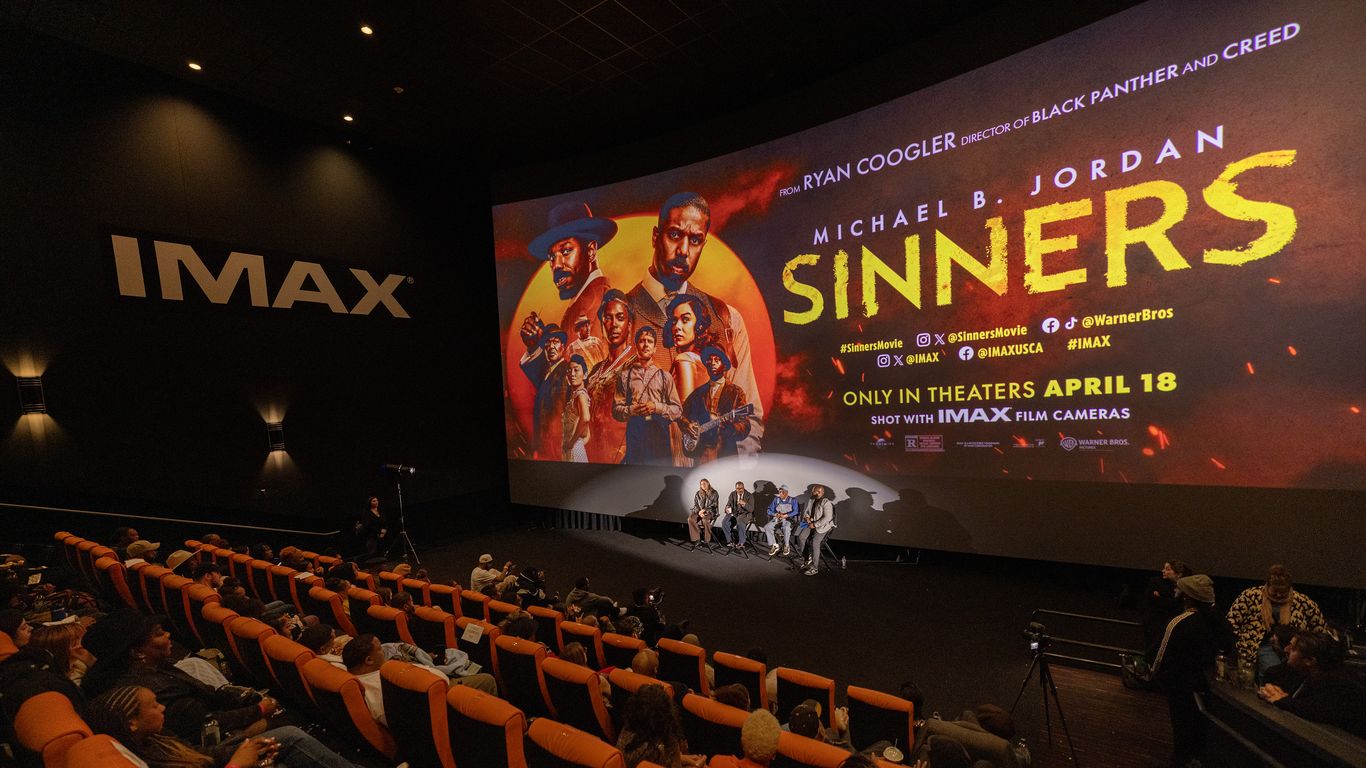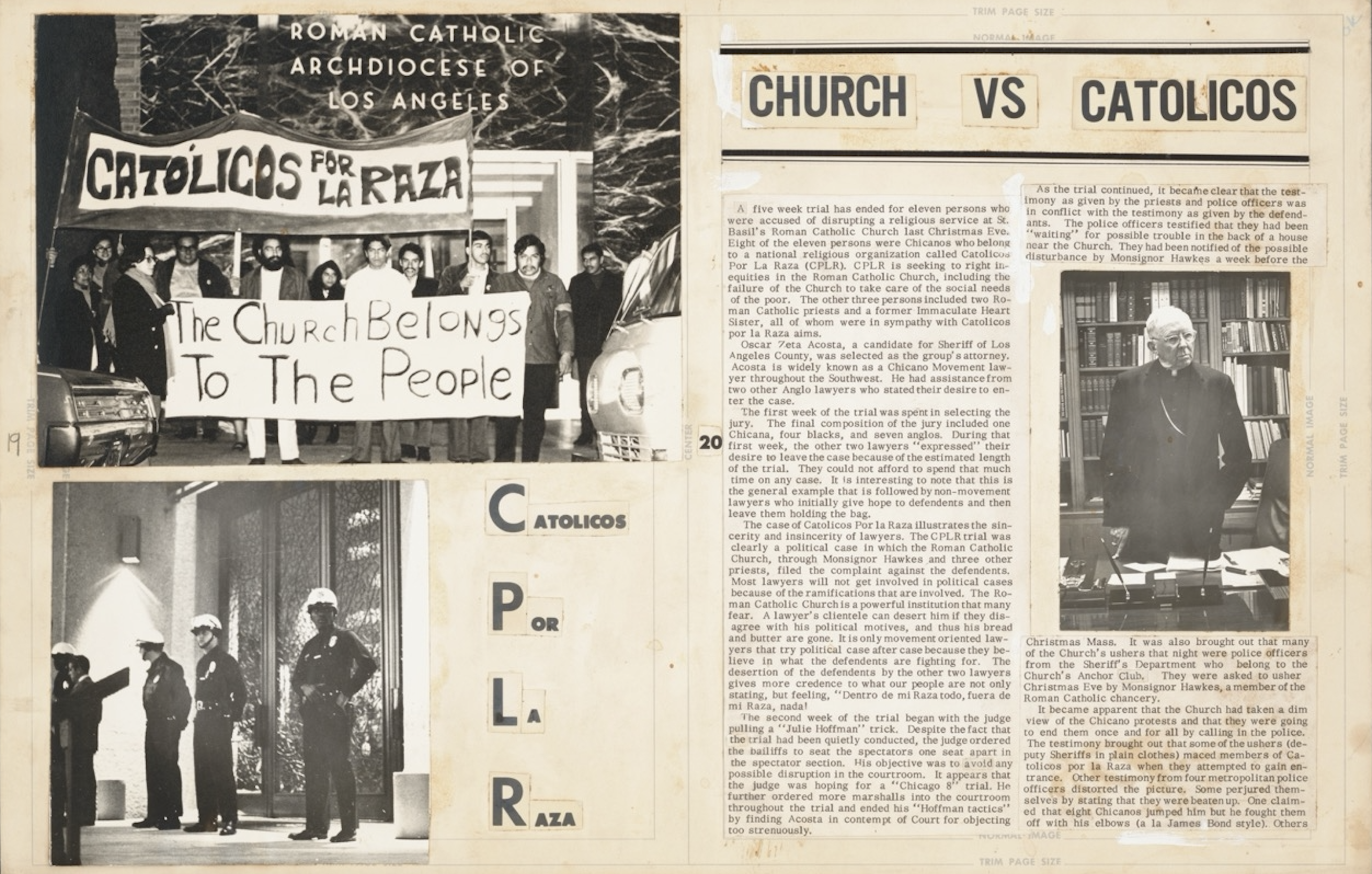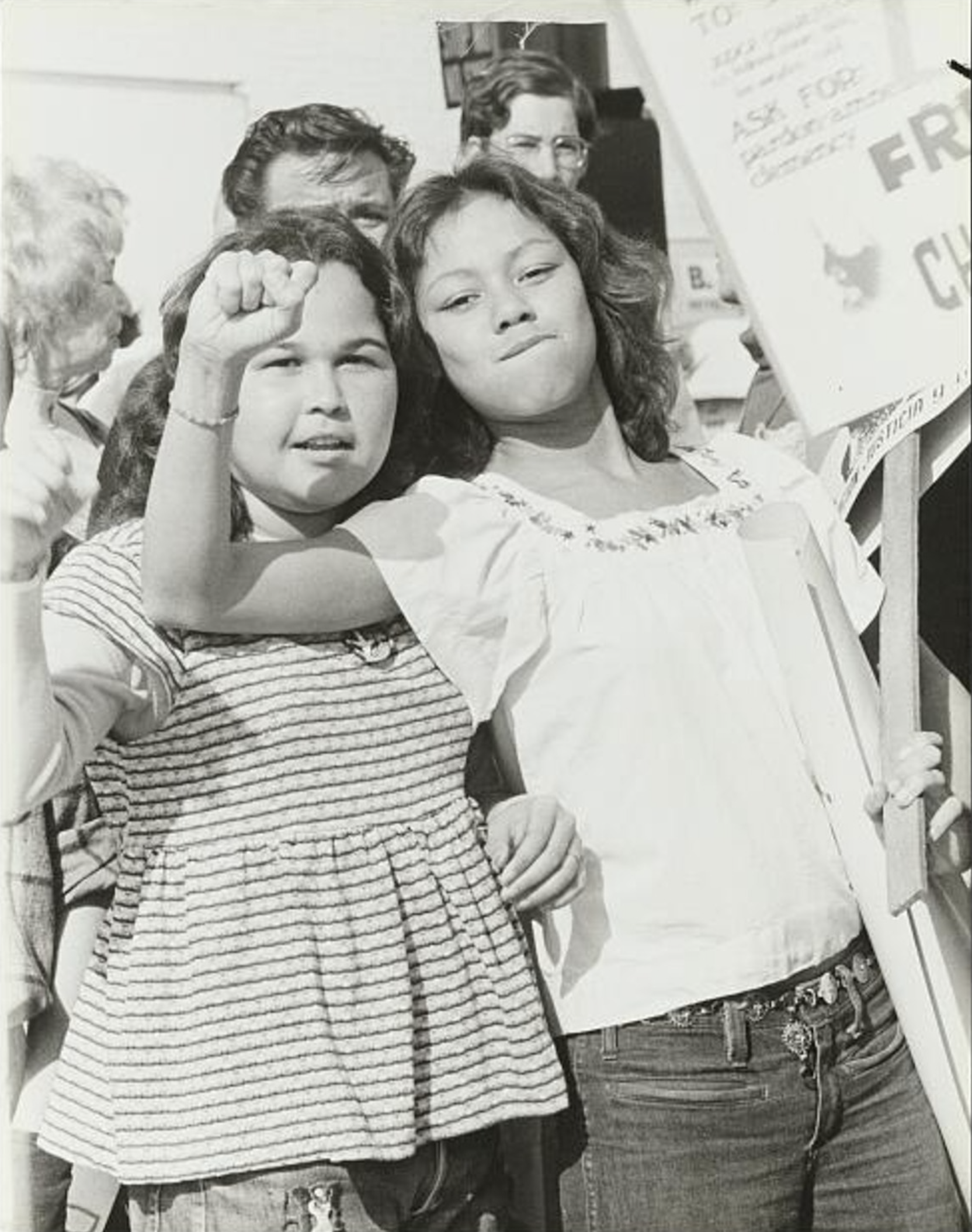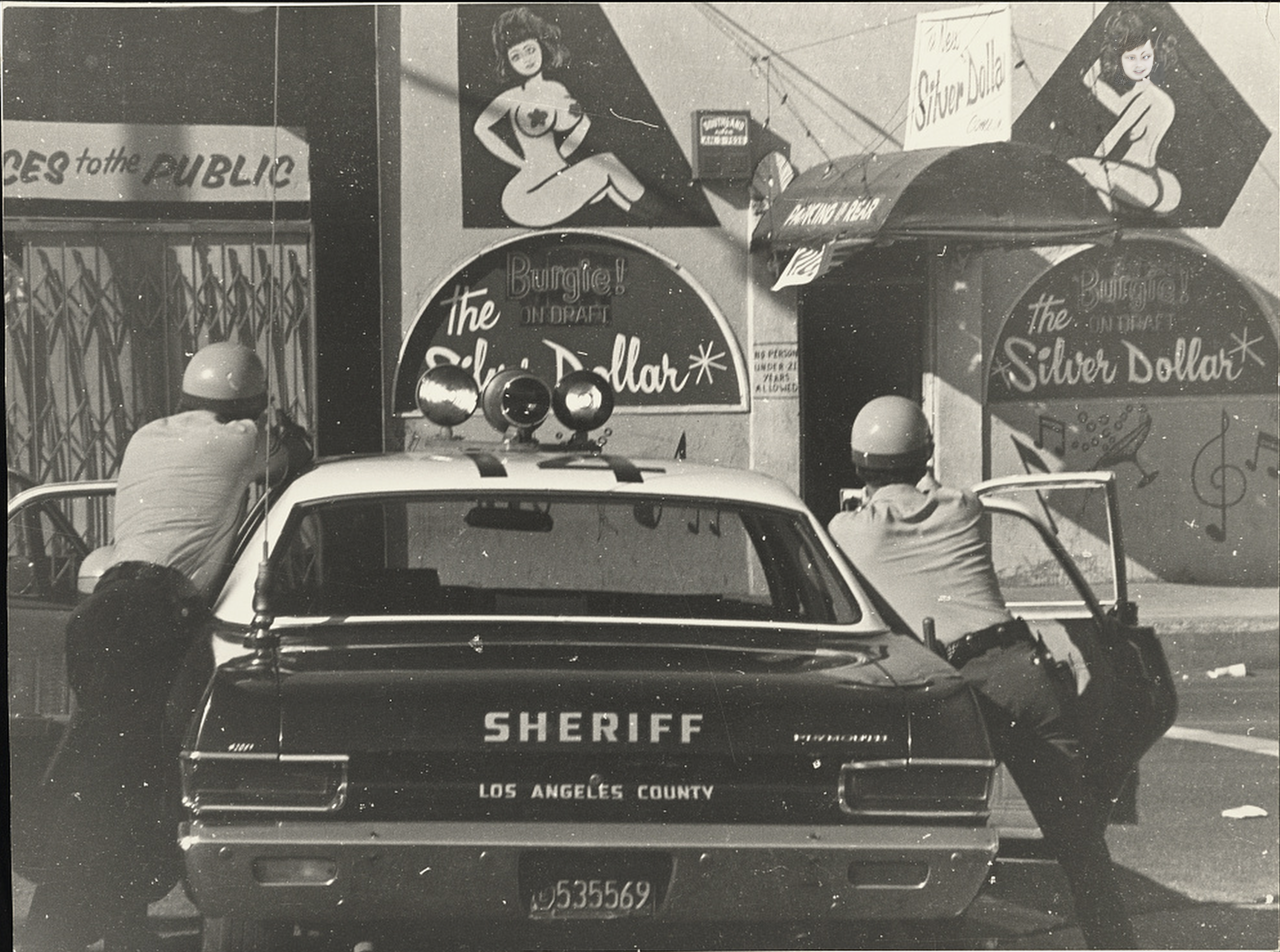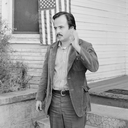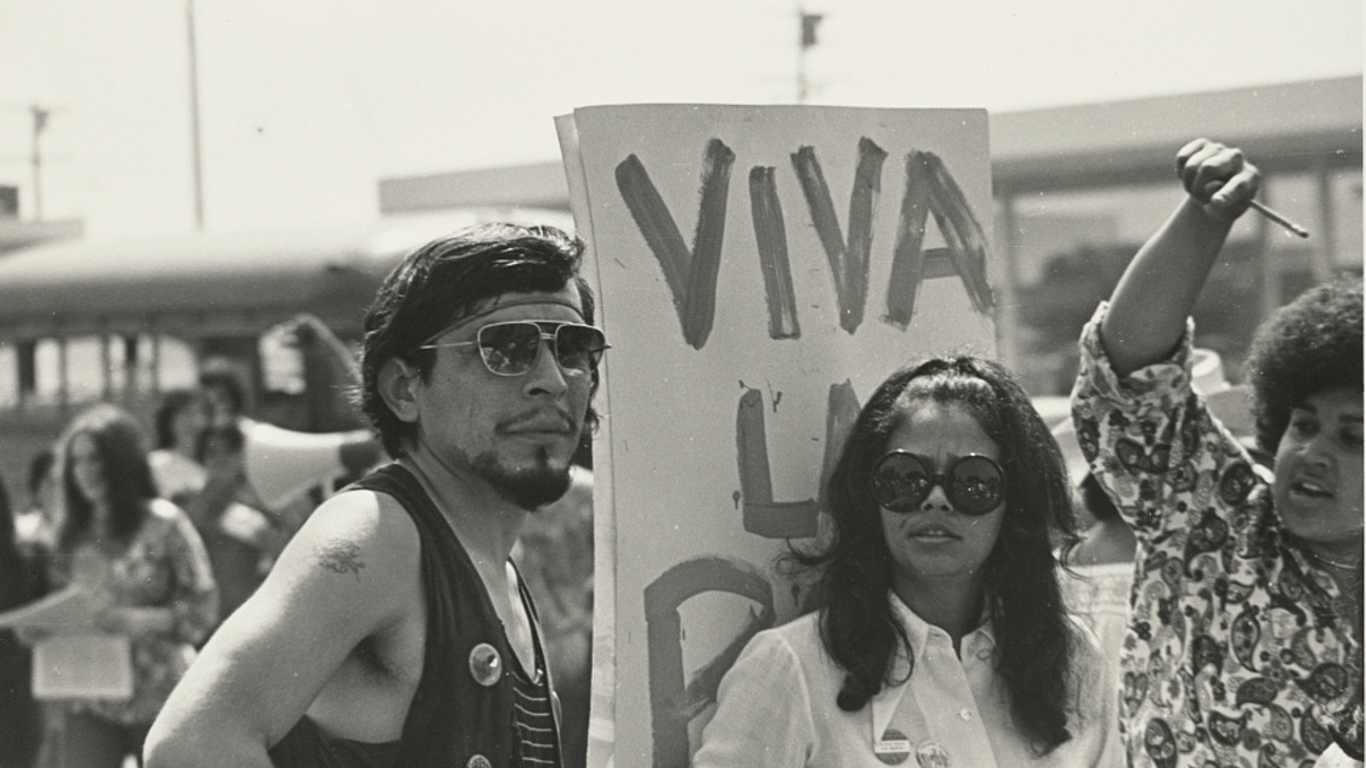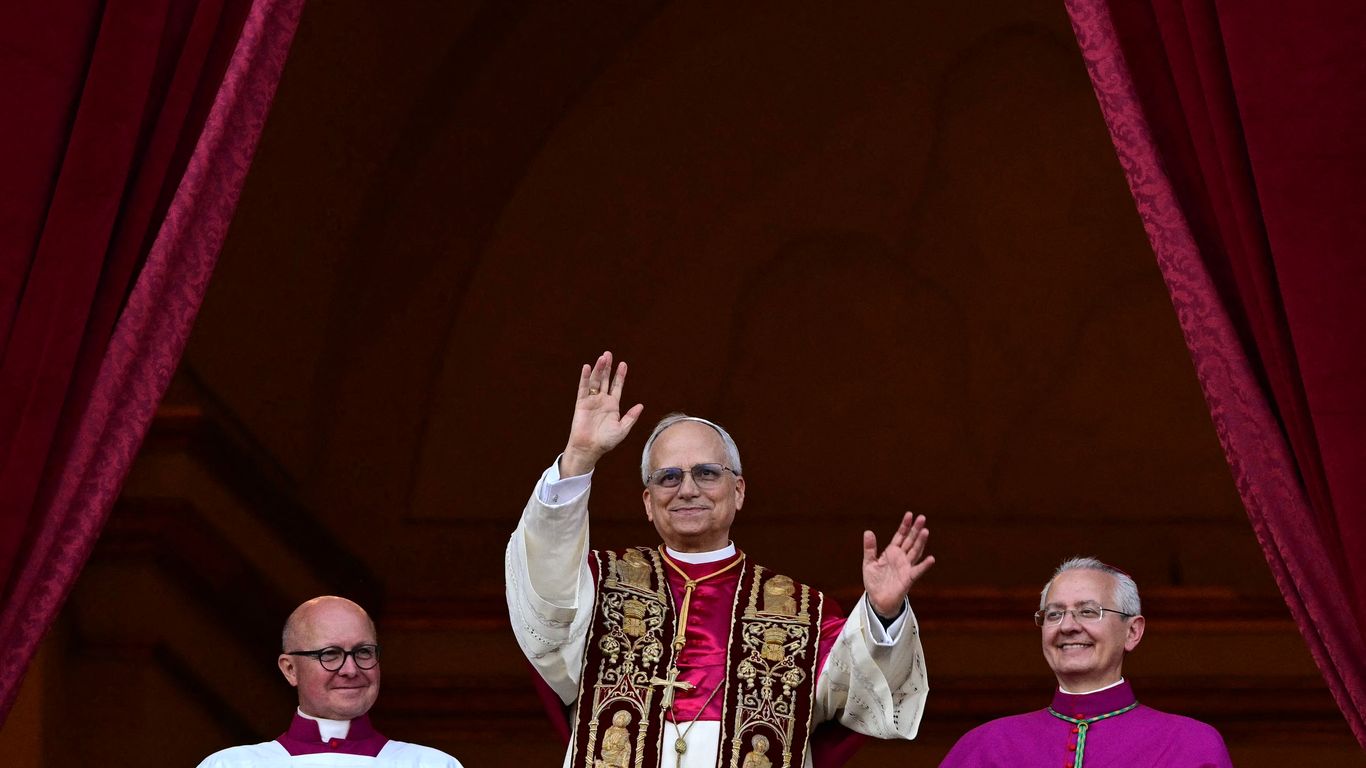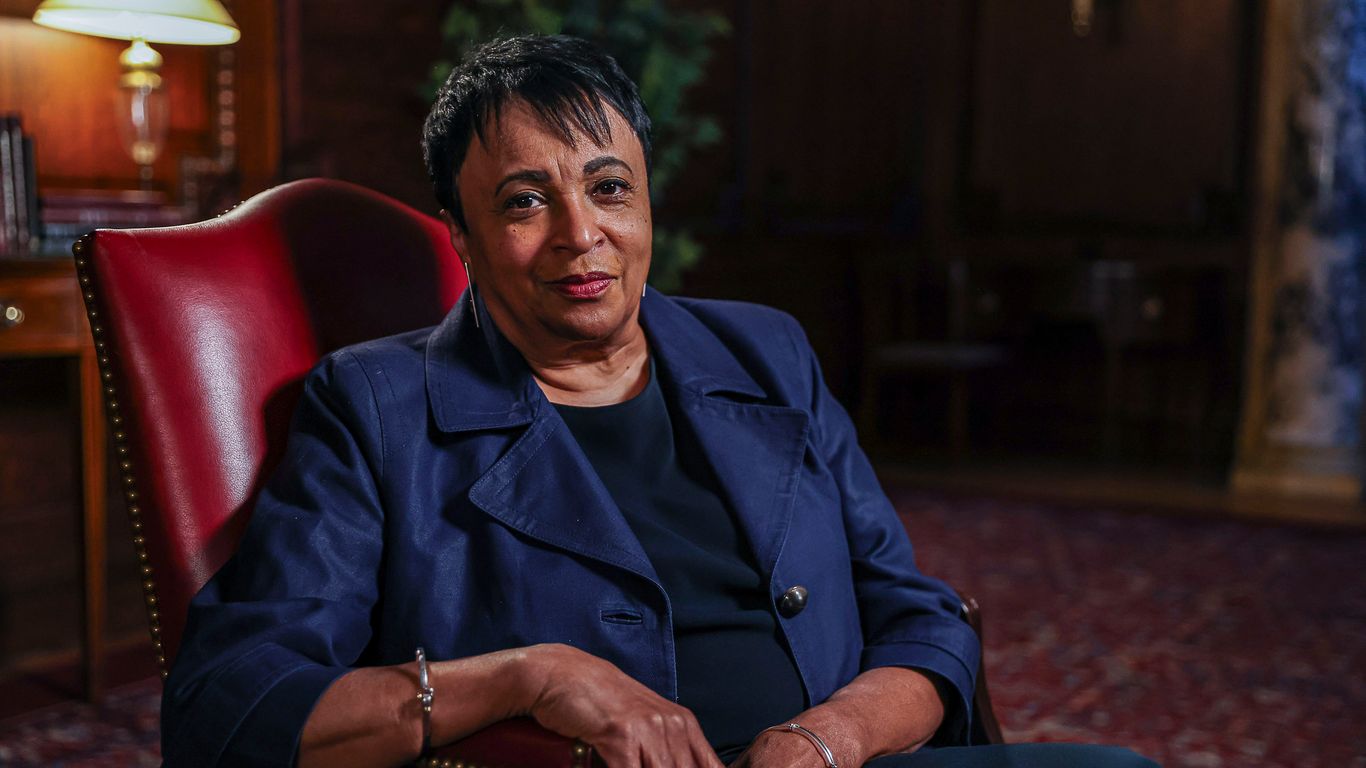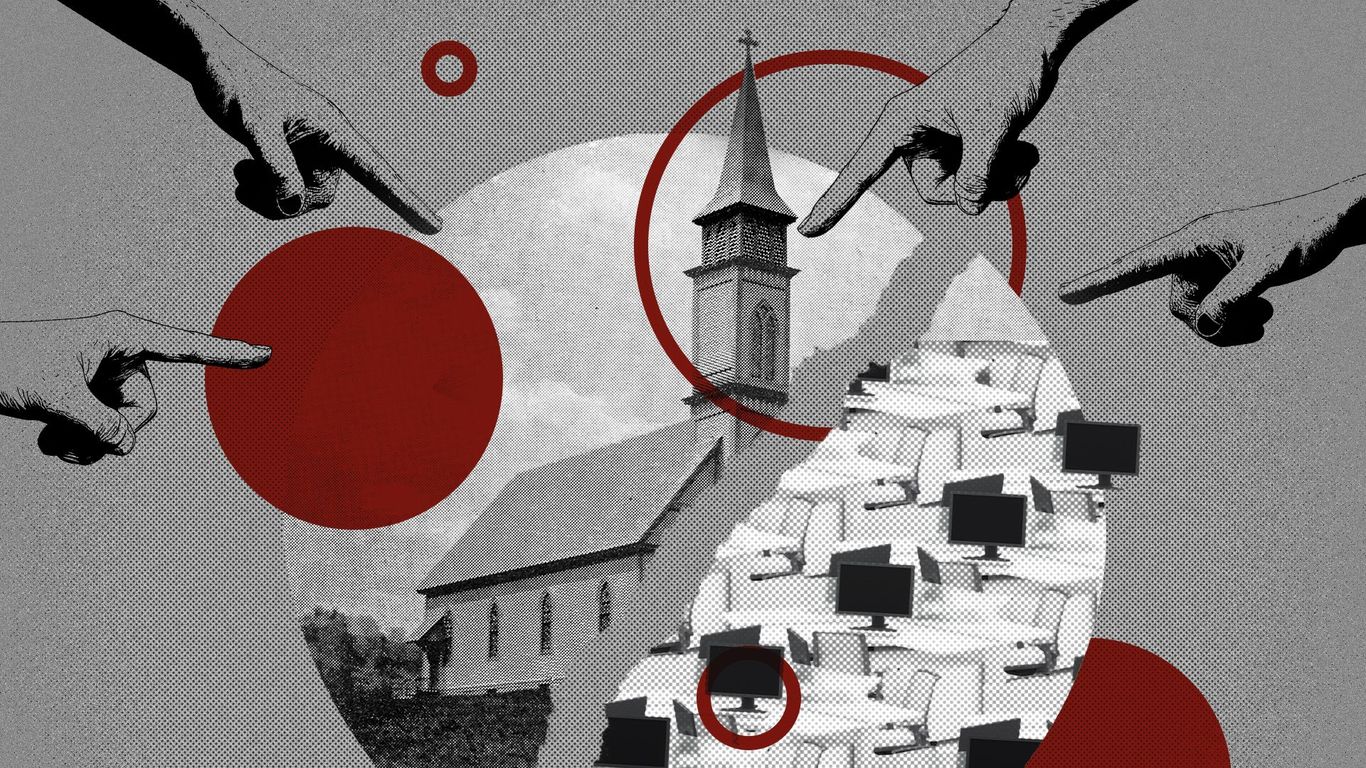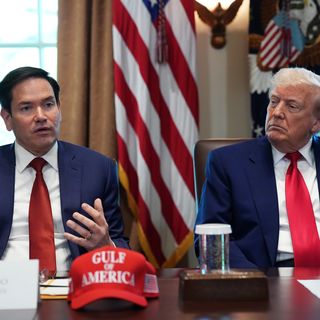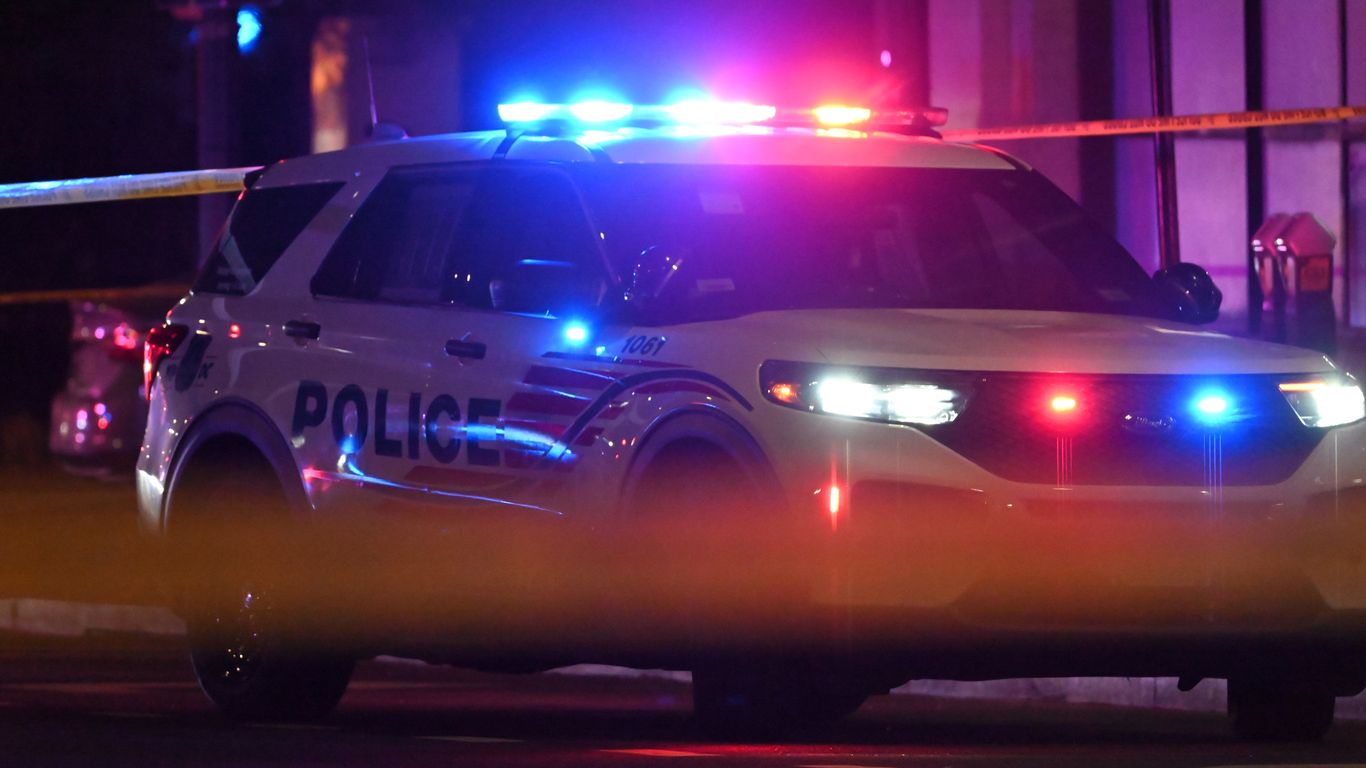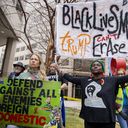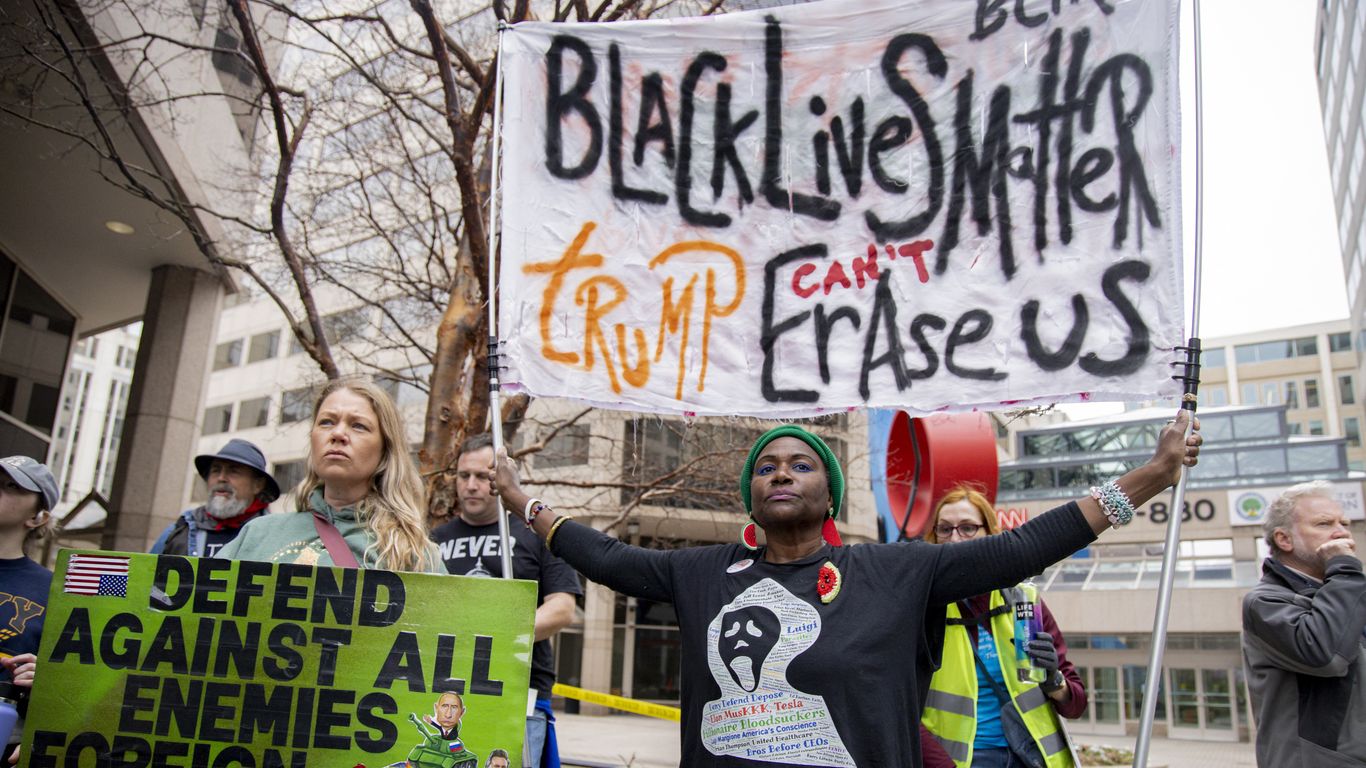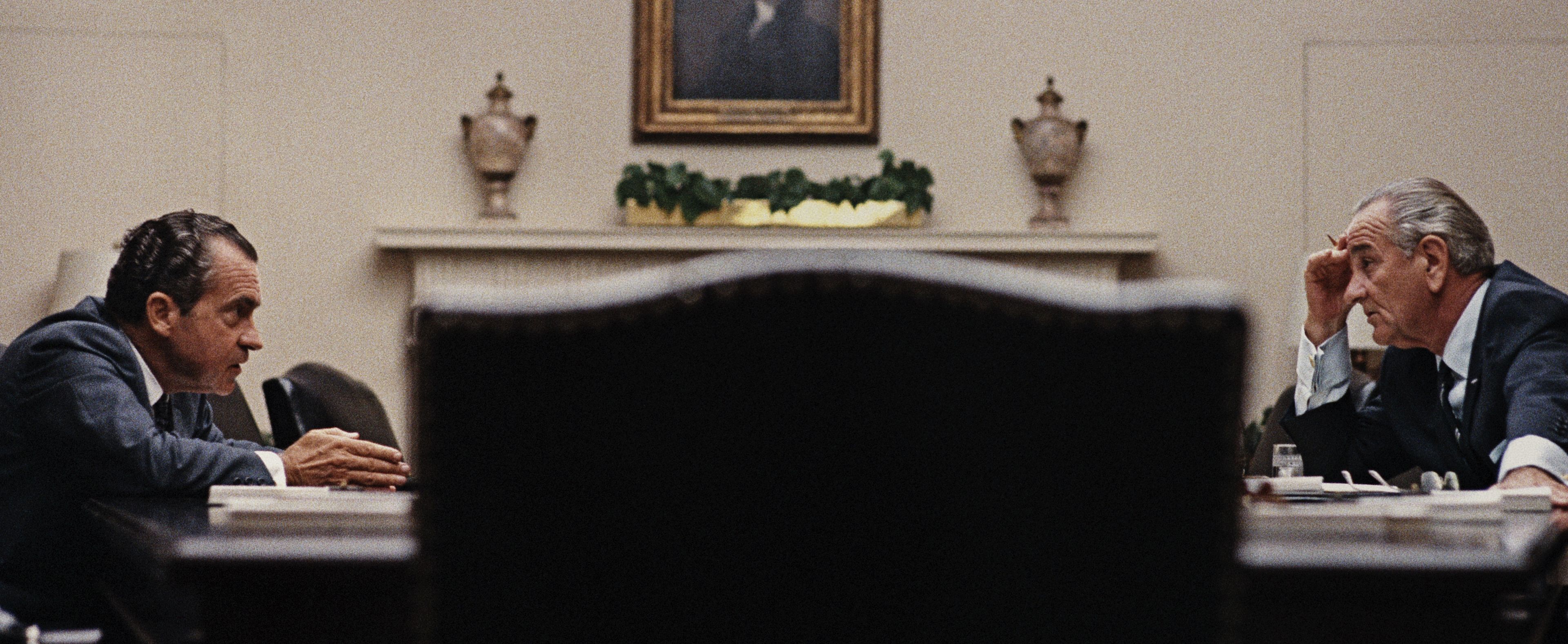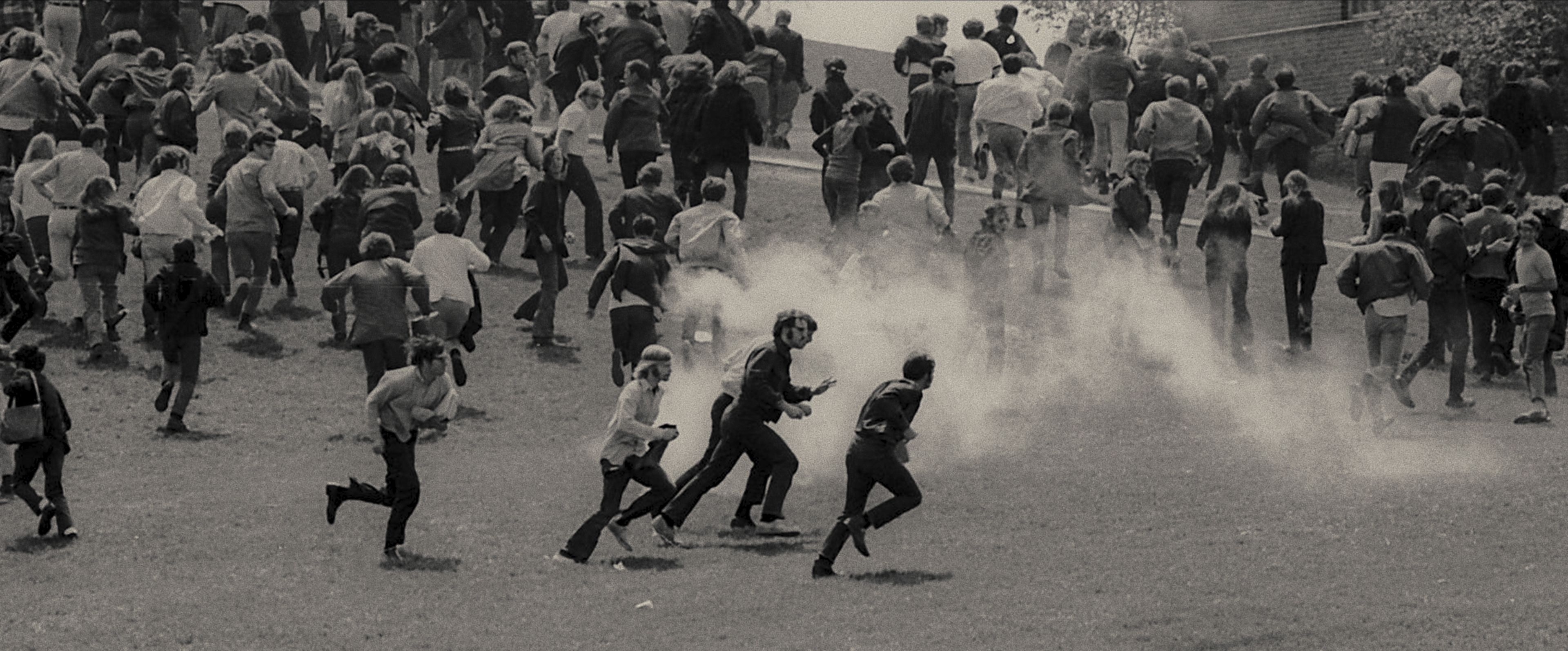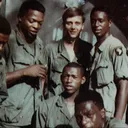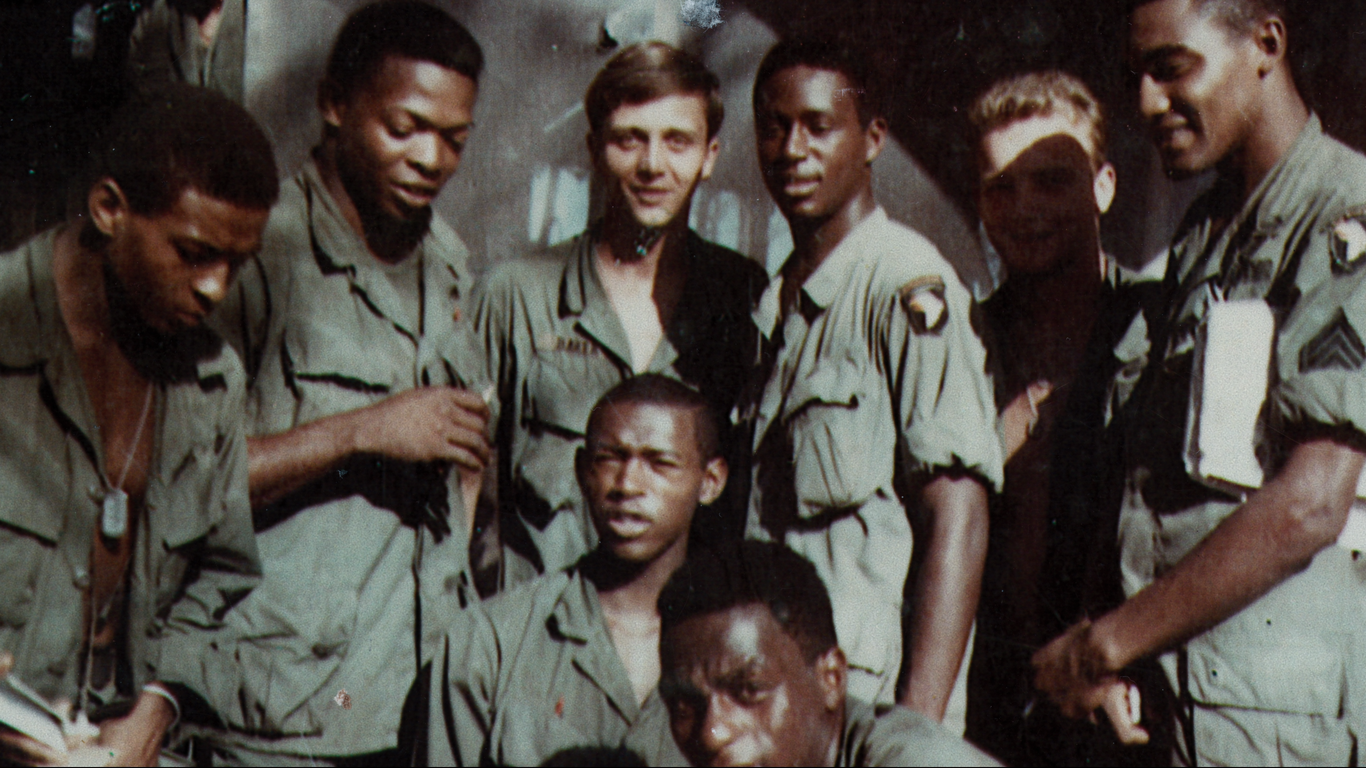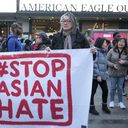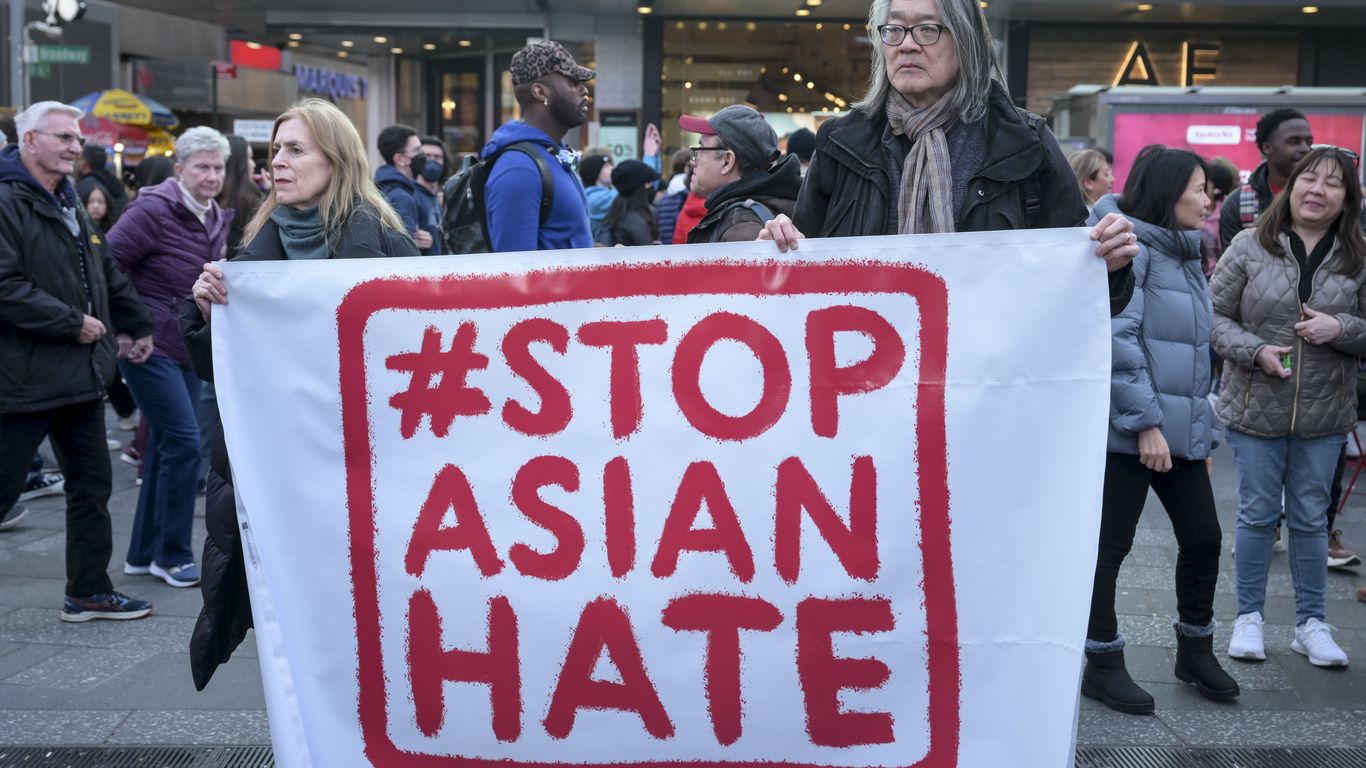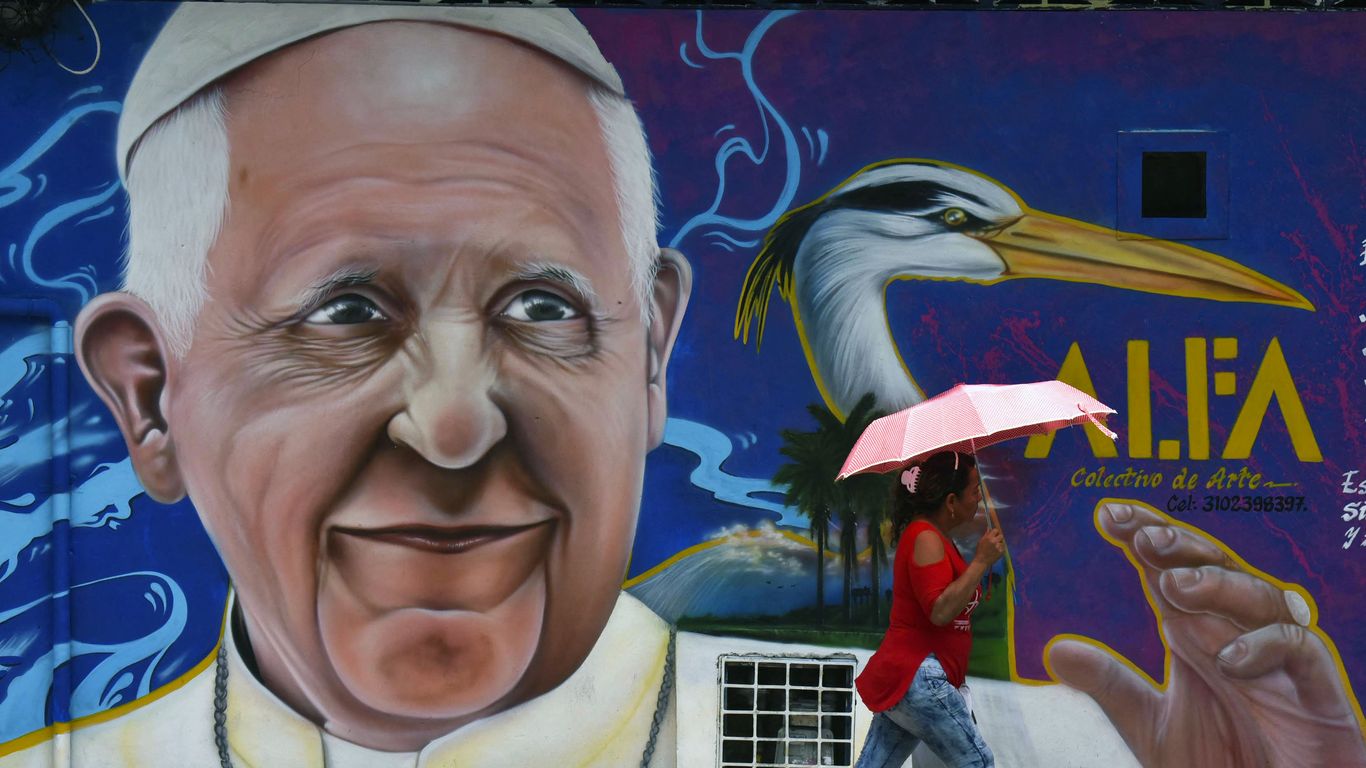Trump leans into widely disputed claims about "white genocide" in S. Africa
President Trump on Wednesday repeated false crime numbers, shared misleading images and doubled down on a debunked "white genocide" conspiracy theory in South Africa during his tense Oval Office meeting with that nation's president, Cyril Ramaphosa.
Driving the news: Trump used a video made by political activists who oppose Ramaphosa to emphasize his claims about white Afrikaners facing racial violence by the majority Black population — claims that are widely disputed and rooted in white nationalist conspiracy theories.
Catch up quick: Trump ambushed Ramaphosa during a tense meeting in which Trump vowed to help white South African farmers get asylum in the United States.
- Ramaphosa kept his cool as Trump showed him a video that included images of white crosses along a South African road. Trump said they represented "over 1,000" white farmers killed.
- The video also showed Black South African activists purportedly calling for violence against white farmers.
- "We have dead white people, dead white farmers, mostly," Trump said, repeating unproven claims that white people in South Africa are disproportionately affected by the nation's high crime rates.
The latest: One image Trump shared that he claimed showed genocide against white people in South Africa was actually a screenshot of a February YouTube video from the Democratic Republic of Congo, per AFP.
- It features "Red Cross workers responding after women were raped and burned alive during a mass jailbreak in the Congolese city of Goma," AFP notes.
- The video of what Trump said was a "burial site" of "over a thousand" white farmers appeared to be taken from a 2020 tribute to Glen and Vida Rafferty, a white farming couple who were murdered, and a display of "support in the fight against farm murders," per The Bulletin's caption of the incident.
South Africa-based CNN correspondent Larry Madowo said almost everything Trump said was "inaccurate or immediately debunked."
- He said he'd looked into the data and found no evidence of a white genocide in South Africa. "I don't think it's possible that 1,000 farmers could've been killed and buried along the roadside and there's thousands of cars paying respects without anybody noticing it," Madowo said.
Reality check: South African officials, scholars, journalists and others say there's no evidence of "thousands" of white farmers being killed in that nation, or targeted in the way Trump claimed.
- They say farmers of all races have been victims of violent home invasions in South Africa, which has a murder rate of 45 victims per 100,000 residents, the second-highest among countries that publish crime data, according to the UN Office for Drugs and Crime.
- 225 people were killed on South African farms during the four years ending in 2024, per the New York Times. Those victims included 101 Black current or former workers living on farms and 53 farmers, who are usually white, the Times reported.
- Most of the nation's violent crime occurs in cities where Black residents make up the majority, officials report.
State of play: The Trump administration welcomed a small number of white South African refugees into the U.S. this month. It also announced it was ending deportation protections for refugees from Afghanistan.
- The admission of Afrikaners, a white ethnic minority that dominated South African politics during apartheid, is in response to Trump's call to "prioritize U.S. refugee resettlement of this vulnerable group facing unjust racial discrimination in South Africa," the State Department said.
- The Trump administration said white South Africans are victims of a controversial new law aimed at countering the lingering impact of apartheid.
The backstory: Some of the tension surrounding South Africa's farms stems from its new Expropriation Act, which allows the government to take some land and redistribute it as part of a long-running effort to lessen the economic disparities created by apartheid.
- Under apartheid, which ended in 1994, South Africa's white minority government prevented Black people from owning land or enjoying basic rights for nearly a half-century.
- Three decades later, South Africa's president and many other leaders are Black. White people make up 7.3% of South Africa's population while owning 72% of the farmland, a disparity that continues to ripple through the economy.
Yes, but: South Africa's new law is designed to work something like eminent domain in the U.S. It allows the government to take land from private parties if it's in the "public interest," and allows that to be done without compensation — but only if negotiations for a reasonable settlement fail.
- The nation's leading farmers' union says there've been no land confiscations since the expropriation law was passed last year.
More from Axios:
- How false "white genocide" claims became central to Trump's view of South Africa
- Trump's open door to white South Africans buys into conspiracy theory
Editor's note: This article has been updated with details of findings debunking President Trump's genocide claims.

